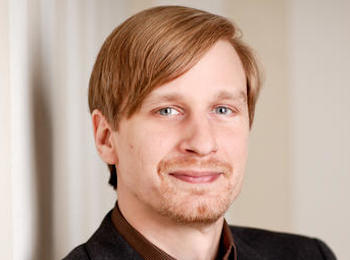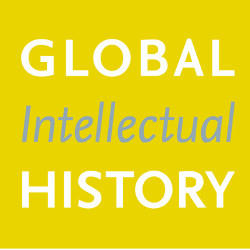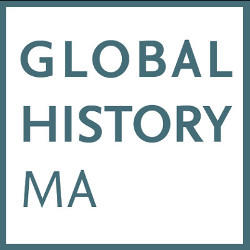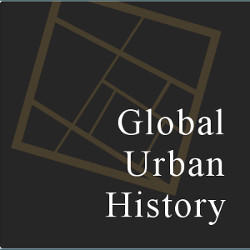Christoph Plath
Christoph Plath studied philosophy and history at Potsdam and Berlin. He specializes in the history of human rights and his broader research interests include global intellectual history, international relations and digital humanities. Since 2014 he is member of the editorial staff of Zeitgeschichte-online.
Contested Utopia. Collective Rights and the Conflictual Universalization of Human rights, 1972 – 1986
The research project reconstructs the emergence of the concept of collective human rights in the 1970s and 1980s. Based on the examples of the Right to Development and the Right of Peoples to Peace, the study aims to analyze the spheres of interconnection between the human rights discourse and the debates on the New International Economic Order (NIEO) on the one hand and the significance of actors from developing countries for the conceptual evolution of human rights on the other. Due to the huge impact of the related debates on the emerging system of global governance, the research project mainly focuses on various United Nations institutions – such as the Commission on Human Rights, the UN General Assembly, the Economic and Social Council, the ILO and the UNESCO.
Analytically, the study seeks to embed human rights discourses into the broader context of a comprehensive struggle for the restructuring of international politics The idea of a new global order was determined by the objective of radically transforming global trade relations and democratizing the international system. From the very beginning, the NIEO referred to an internationalist language of global justice and solidarity. In the course of the growing conflicts between developed and developing countries, the increasingly frustrated states of the Group of 77 gradually referred to human rights in order to support their economic and political demands with moral legitimacy. This process led finally to the emergence of a new type of rights. So-called third-generation rights, such as the Right to Development and the Right of Peoples to Peace, translated main elements of the NIEO into new human right concepts. While the idea of collective rights itself was not new, the notion of global solidarity was. Thus, the emerging rights referred not only to rights of groups, such as peoples or states, but called for combined efforts of individuals, groups and international organizations. During the debates, industrialized Western countries not only incrementally rejected the demands of the NIEO, but also the recognition of solidarity rights. The resulting negotiations can be interpreted as a profound confrontation about the interpretative sovereignty over human rights, which was an expression of a more general struggle for political hegemony in a time period determined by an increasing integration of world markets and political spaces.
In spite of (or rather due to) the fact that they are still a subject of controversial discussion, the articulation of these rights was an important factor in the eventual globalization of the idea of human rights, both as a model of normative order and as utopian imagination. Therefore, this research project aims to show that the universalization of human rights was not solely the result of a global affirmation of individual rights in the liberal tradition. Instead, the demand for collective human rights, and its subsequent appropriation in different places, contributed to the processes of universalization. Therefore, the project investigates related conflicting negotiations by taking interconnections between economic and political conflicts and the conceptual debates on human rights into account. By linking human right debates with the North-South conflict, the study also contributes to an understanding of the history of human rights as a history of conflicts and calls for a stronger consideration of non-Western actors in a global history of human rights.





